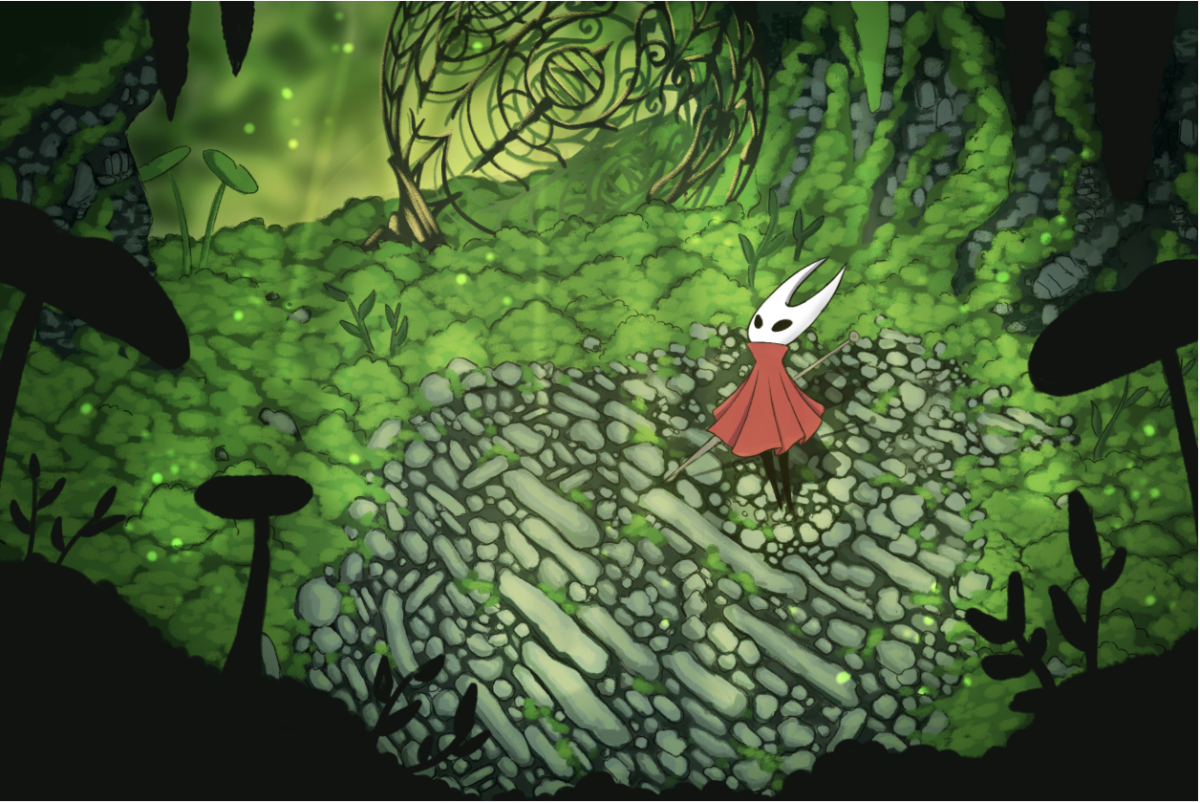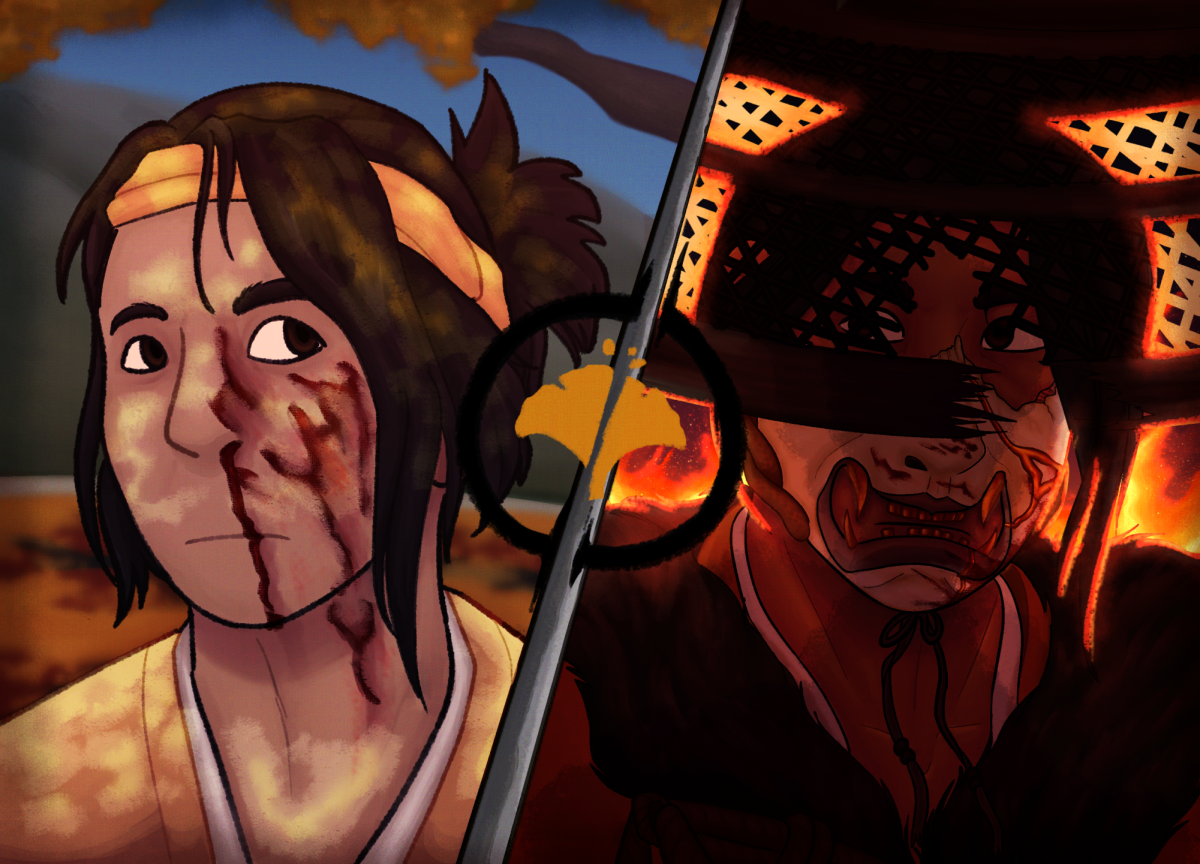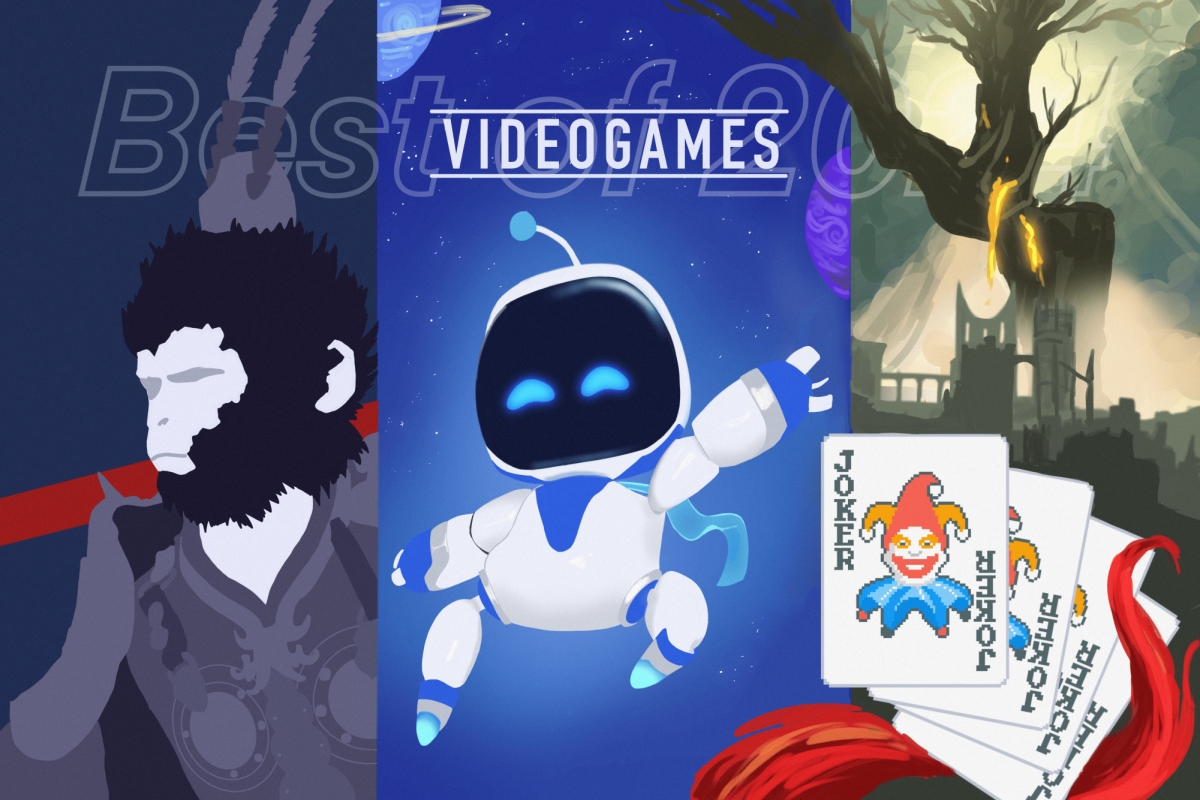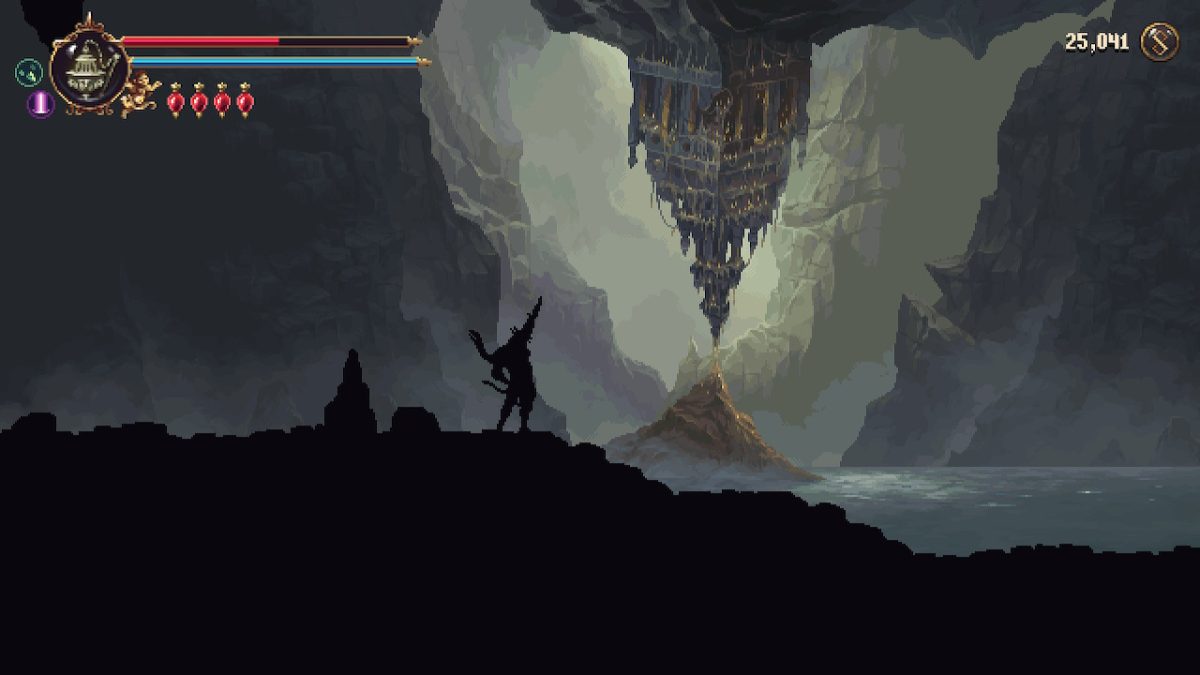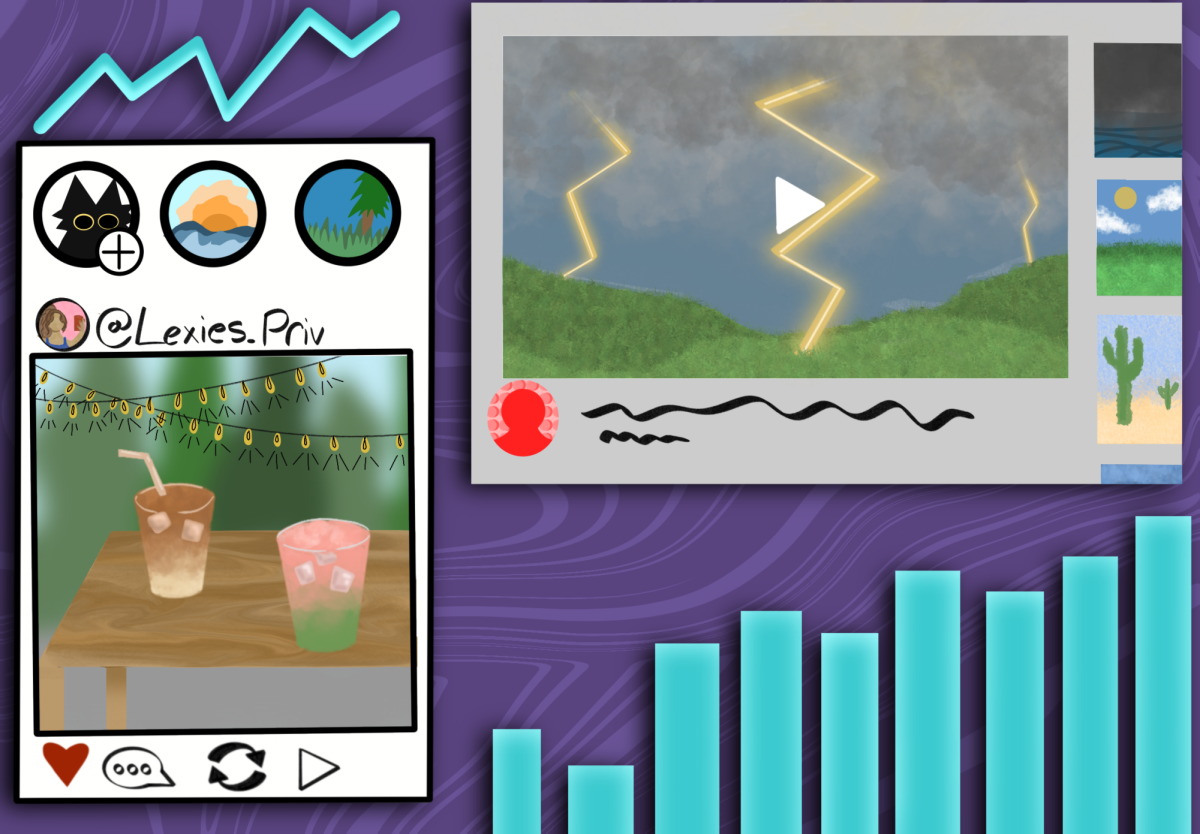Cautionary tales have been used for a long time to teach morality through entertainment, as readers continue to resonate with the tales well into their adulthood. However, impactful storytelling isn’t subjective to just reading. In fact, video games thrive on well executed storytelling. Propping open a book is the typical approach to engaged learning, but video gaming is becoming a more mainstream method for regaling stories and an invigorating outlet to learn. There’s more to gain from video gaming than just good hand to eye coordination, and Lies of P is a new example of a video game that executes that notion well. While breaking down the game’s motto, “lie or die,” players discover the gray area of morality.
Lies of P takes the haunting tale of Carlo Collodi’s original Pinnochio and the gimmicks of a Dark Souls game to modernize a daunting mission—saving the “damned souls” who despise you. Set in a demised version of Europe’s golden era, La Belle Époque, a humanoid puppet’s mechanical heart beats again in the once lavish city of Krat, where all too faithful puppet servants and troubled humans fight in a despairing war with each other. Unbeknownst to the innocence of the titular P, the puppet frenzy has peculiarly left the protagonist a targeted outcast from all walking life. While P navigates through a sorrowful world of deceit, in which trust has become an ambitious virtue to find, he’ll learn to weigh the costs of what it means to be human.
The storyline revolves around a truth or lie system, with three endings dependent on the amount of humanity a player acquires. Every action, or lack thereof, affects P’s humanity levels. Yet, it’s important to note that the game neither rewards nor hinders players that meander between truth or lie options. To get the full ending, players must assert themselves to one path, which on its own, is a meaningful perspective in regards to keeping values that remain static. Additionally, the lie dialogues that appear are mostly white lies, said out of polite protection. With unfortunate events at every turn, the game gives a first hand experience of how white lies are not as innocent as they seem. Players are constantly tasked to relay the blunt, heartbreaking truth, or to continue to momentarily ease the sufferable reality with a sweet lie.
Although that system sounds practical, the unique retelling of “The Adventures of Pinocchio” is far from predictable. As players differentiate right from wrong, the puppet protagonist comes to understand emotions, subtly reminding humans that there’s indeed complexity to life. In order to play, players must exert patience, as failure is a common practice in a Dark Souls type of game. The game allows players to recognize when they should stand their ground, or when it’s wise to flee. It also shows the corruption of greed and the sorrow of loneliness. Respecting the intelligence and vigor of the player, Lies of P rewards ingenuity and pragmatic solutions. There’s so much development to gain from the world of P, and that’s just one game out of several others that replicate this impactful effect.
Video games have the immersive power to distill important messages and influence character more than other forms of entertainment. With a new age of technology, traditional values and intellectual curiosity should not have to end with traditional methods of engagement. Instead, they’re empowered to evolve and enlighten younger generations, who will be most influenced by growing technology in the current day.




